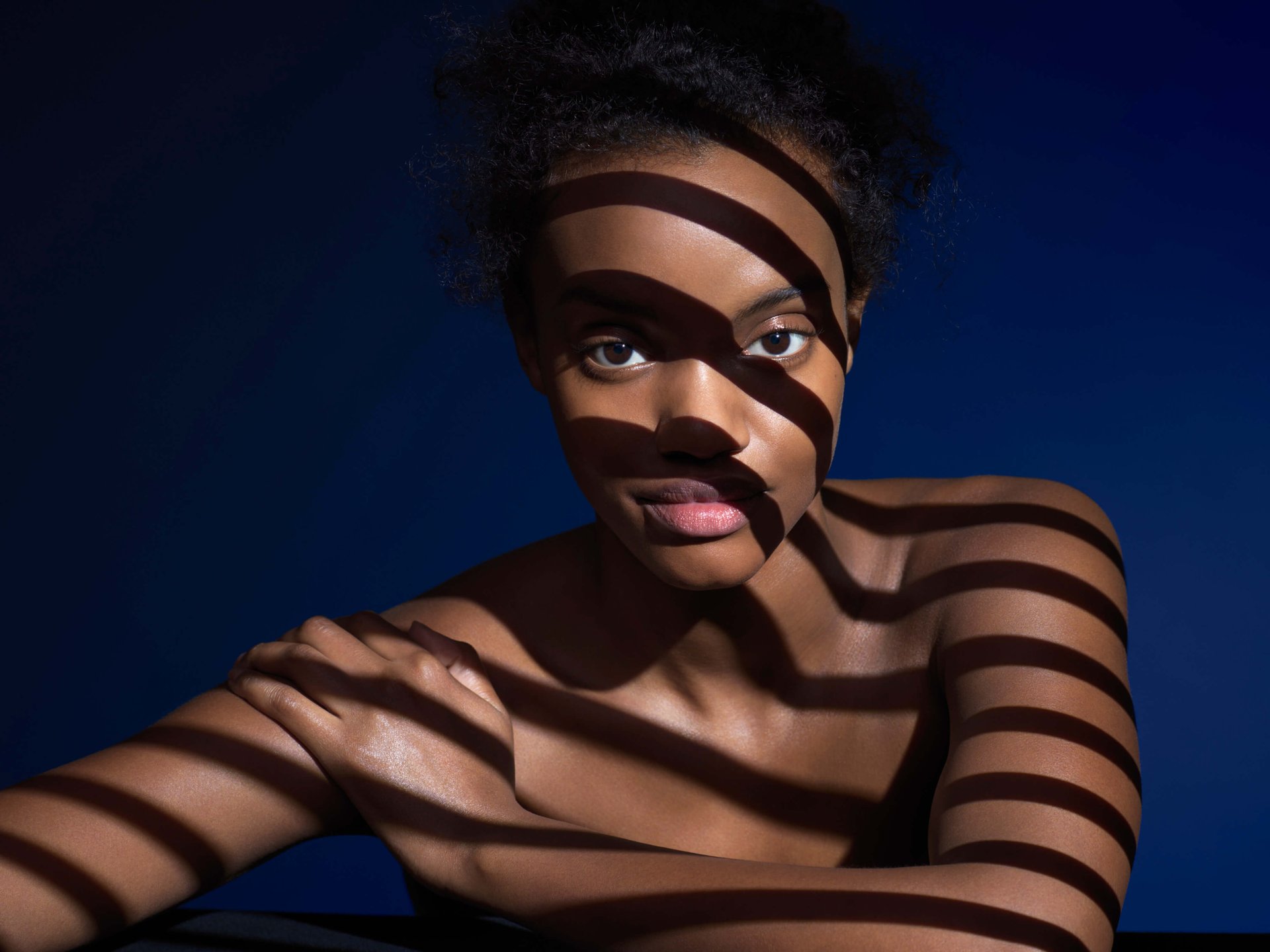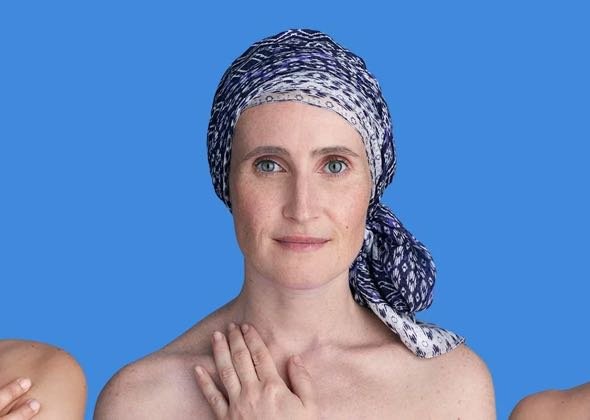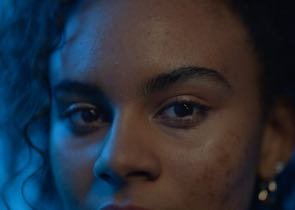We pioneer scientific innovations to provide you with the best dermatological solutions with the most tolerated ingredients.
Your skin can be more sensitive to sunlight due to your cancer treatments. Even low amounts of sun exposure can attend to unfortunate effects because the sun produces several types of ultraviolet rays.
Ultraviolet light is powerful even though it represents a tiny proportion of the sun rays that reach our planet. There are three different types of UV rays: UVCs which are filtered out by the ozone layer, and UVAs and UVBs that reach the surface.
UVA rays represent 95% of UV rays which can affect you all year round, in every place and season. They can penetrate the skin down to dermal cells, alter them in the long term and lead to sun allergies, inducing redness or itchiness, photo ageing, pigmentary disorders like spots or pregnancy mask. The damages produced by overexposure to the sun can lead to the development of skin cancer.
In the case of radiotherapy, the area exposed to the rays will be very vulnerable to sunburns and will have to be protected throughout your life. As for surgical scars, that are particularly sensitive to the sun, they run the risk of being easily subjected to hyperpigmentation (darkening of the skin).
UVBs are high energy and represent 5% of the UV ray that reach us. Even if they are stopped by glass and clouds, they can penetrate the epidermis. These rays give you a suntan, sunburns, allergic reactions, and skin cancer.
Ultraviolet light is powerful even though it represents a tiny proportion of the sun rays that reach our planet. There are three different types of UV rays: UVCs which are filtered out by the ozone layer, and UVAs and UVBs that reach the surface.
UVA rays represent 95% of UV rays which can affect you all year round, in every place and season. They can penetrate the skin down to dermal cells, alter them in the long term and lead to sun allergies, inducing redness or itchiness, photo ageing, pigmentary disorders like spots or pregnancy mask. The damages produced by overexposure to the sun can lead to the development of skin cancer.
In the case of radiotherapy, the area exposed to the rays will be very vulnerable to sunburns and will have to be protected throughout your life. As for surgical scars, that are particularly sensitive to the sun, they run the risk of being easily subjected to hyperpigmentation (darkening of the skin).
UVBs are high energy and represent 5% of the UV ray that reach us. Even if they are stopped by glass and clouds, they can penetrate the epidermis. These rays give you a suntan, sunburns, allergic reactions, and skin cancer.
DISCOVER ANTHELIOS
INVISIBLE FLUID SPF50+
Discover anthelios invisible fluid spf50
Anthelios invisible fluid spf50 Ultra high uv protection
Sand resistant Sweat resistant
Water resistant Anthelios invisible fluid spf50+ #shaketoprotect.
I PROTECT
MYSELF FROM THE SUN
Every day, even on cloudy or overcast days, UVAs can penetrate the skin and may cause permanent damage to your skin. It is essential to use a cream every day with sufficient protection because some adverse effects of your cancer treatment may worsen with sun exposure, such as dryness, rash, alteration of the cutaneous barrier, inflammation or hyperpigmentation.
I Limit
My Time In The Sun
It is essential to take a few precautions with continuous exposure such as outdoor activities, time at the beach or in the mountains. Work in the shade, sit under a tree, lounge beneath a parasol, or enjoy your lunch under a cooling canopy.
* Sunglasses in CE category 4 are the darkest and are not safe for driving



